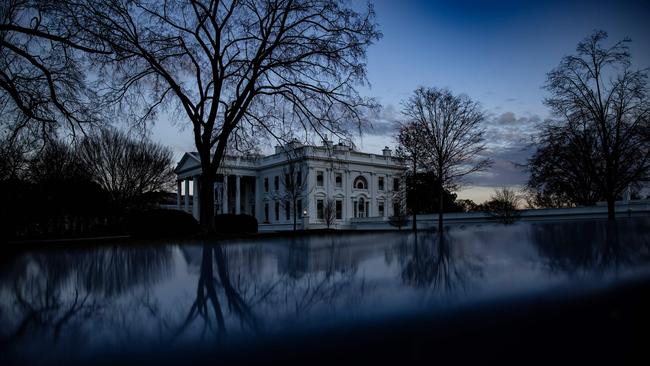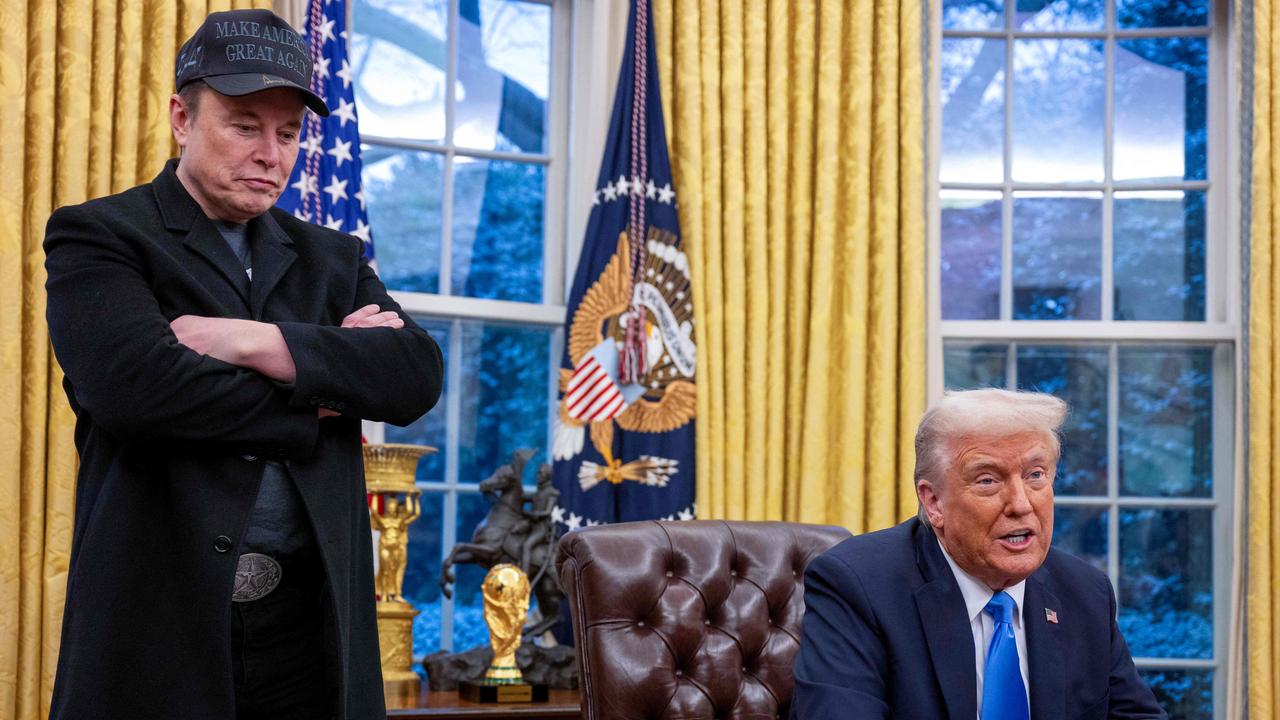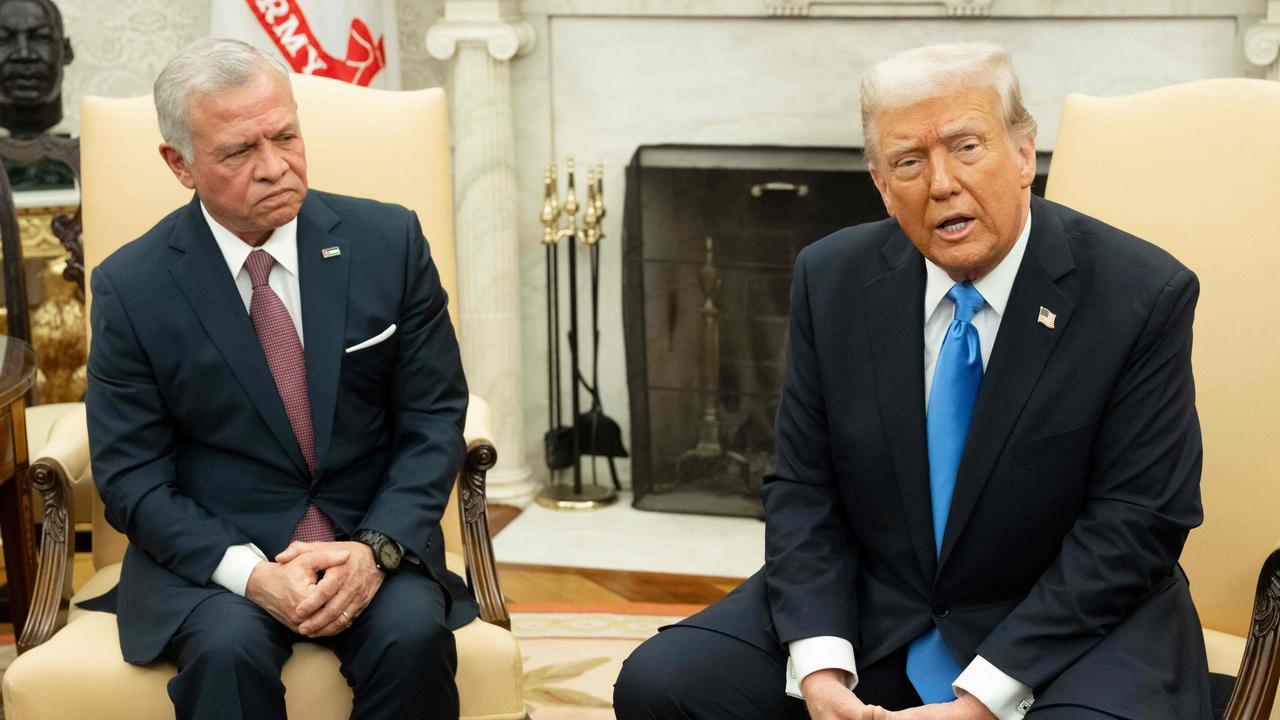Biden talks up bipartisanship; he has three good reasons

It is a sure sign we have reached the sour end to a sour year that President-elect Joe Biden is being criticised in some quarters for being too optimistic about his chances of working cooperatively with Republicans.
Biden’s Democrats did just collaborate with congressional Republicans to pass a new coronavirus relief and stimulus bill, which would seem to prove that co-operation is possible. But that achievement came only after Democrats agreed under GOP pressure to far less in spending than they sought, and after they jettisoned a key demand for more aid to state and local governments.
So the thinking in some Democrat quarters is: Well, that’s it. Republicans will have enough power in the new congress to be sure there won’t be any more bites of that stimulus apple. And that’s just a prelude to broader obstruction of the Biden agenda — especially when Donald Trump is trying to convince millions of Republicans that the Biden win wasn’t legitimate in the first place.
The most prominent Democrat who seems to disagree is, well, Joe Biden. “I think the nation—and I don’t think I’m kidding myself, I got criticised from the beginning for saying this—I think the nation’s looking for us to be united, much more united,” he told Stephen Colbert of CBS’ Late Show last week. ”But look, I think I can work with Republican leadership in the House and the Senate. I think we can get things done.”
Is he kidding himself? Maybe, maybe not. In any case, he has three powerful reasons right now to press the case that co-operation is at least possible:
First, he’s the only one who can make co-operation happen. Congress will be almost evenly divided between the two parties, with control of the Senate determined only when two runoff races in Georgia are completed in January. The two parties’ congressional leaders aren’t exactly getting along famously right now, and, in both parties, those leaders are saddled with hell-no factions within their caucuses that decidedly don’t want to compromise.
On one level this isn’t surprising. We have two parties for a reason. Republicans suspect government action is more likely than not to turn out badly. That’s their default position. Democrats tend to believe government can and does good and great things that wouldn’t happen otherwise. That’s their default position.
Especially in a raw political environment such as today’s, that core difference will leave the two sides locked in perpetual ideological battle. The one person who can alter the climate is the president — and, as it happens, Biden will be a president who actually has a history of finding middle ground in congress. He is the only one who can alter the dynamic.
Second, he can create public pressure for co-operation. One of the president’s principal powers isn’t enumerated in the constitution, yet it can be among the most potent. It’s the ability to go over the heads of both houses of congress, and both parties, to shape public opinion. There is a reason lawmakers frequently check a president’s job-approval rating; that number tells them how much they need to defer to the White House.
A principal reason bipartisanship has been so hard to come by in recent years is that politicians know they will be punished by some voters in their own party for compromising with the other side, while they rarely get rewarded by voters for doing a deal. Biden’s job is to create a new political environment in which lawmakers feel political pain for NOT compromising with the other side.
Some Democrats think this isn’t possible—that the Republican Party has become so entrenched in obstructionism that it simply has lost interest in searching for middle ground. Some Republicans think the same about the Democrats’ progressive wing. If left unchecked, those sentiments become self-fulfilling prophecies. Biden’s principal leadership challenge is to change that dynamic.
Third, the numbers tell you that Biden has no choice. When Bill Clinton became president in 1993, his Democrats enjoyed an 83-seat margin in the House and a 14-seat advantage in the Senate. When Barack Obama became president in 2009, his Democrats held an 79-seat advantage in the House and an 18-seat advantage in the Senate.
And when Republican Ronald Reagan became president in 1981, his party had just shocked the political world by taking a six-seat advantage in the Senate. And while it was in the minority in the House, a coalition of up to 60 conservative Democrats gave him a working majority there on occasion.
Biden has no such luxury. Democrats lost seats in the House last month, and their majority likely has been whittled down to 13, with a couple of recounts pending. And Republicans will control the Senate if they win only one of those two Georgia runoff elections. When it comes to working across the aisle, the real question for Biden is: What choice is there?
The Wall Street Journal


